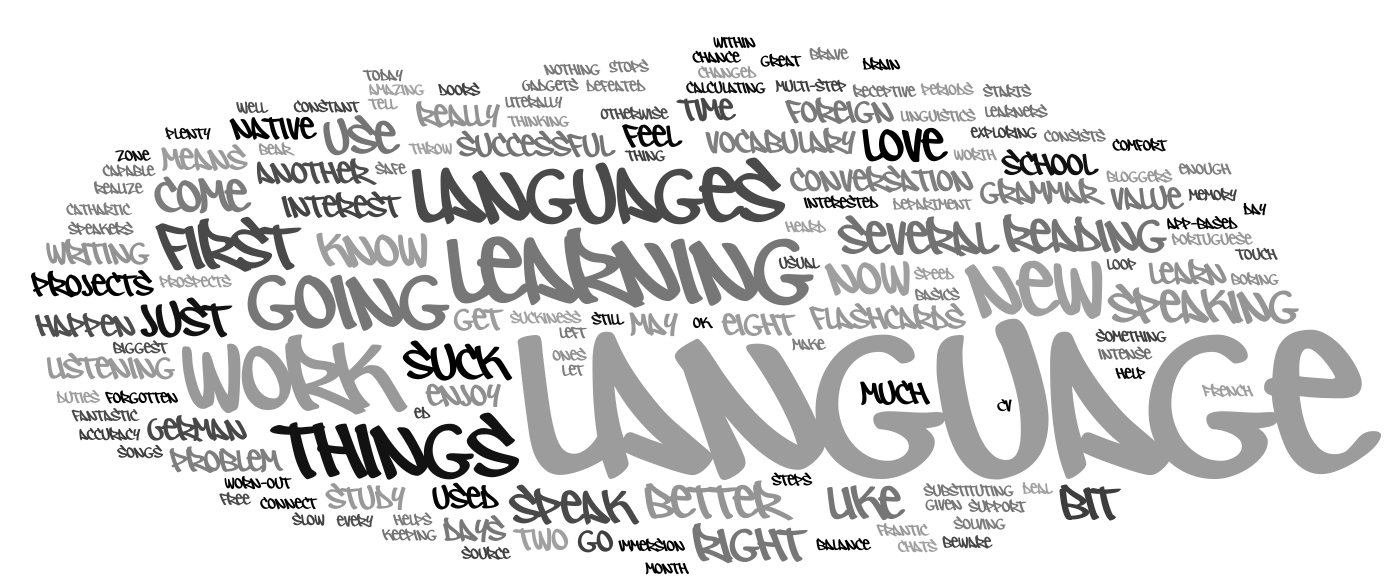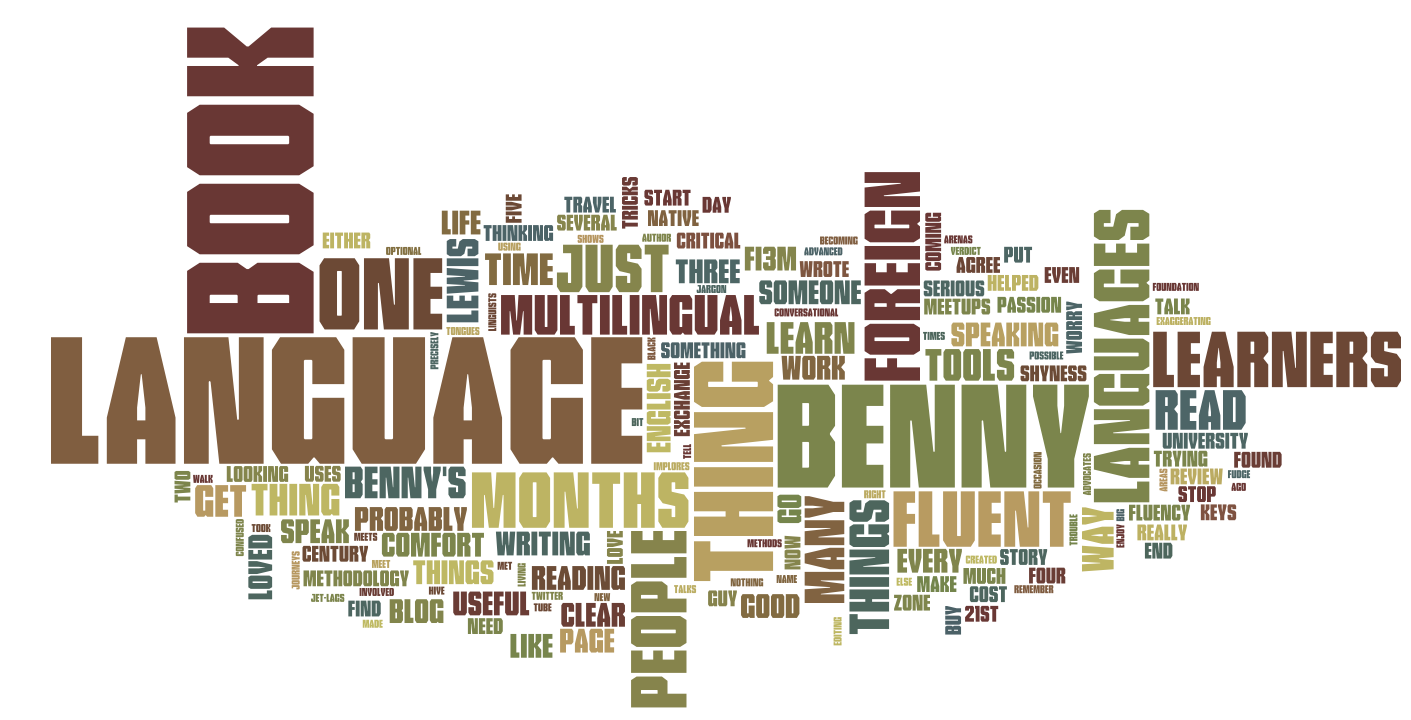
This is a difficult post to write. The stories are hard to process. The questions are not easy when asked, and when answers come, they aren’t simple either. How does life coaching deal with depression? And should a life coach help depressed clients?
Depression costs lives. People with depression need to be helped. It’s not the job of a life coach: successful coaching will probably help you function in many areas of your life, even with depression present – but it must not be treated as a substitute for specialist care, therapy, medication. The best thing you can hear from your coach about depression is: “speak to your doctor as soon as it’s possible. Then come back and we’ll work on.”
This blog is a part of a bigger story: the conversation we should be having about what’s going on in our heads. I want to give you four stories, and four questions, that will help you think about depression – something happening in your life, perhaps, or something happening to the dear ones around you.
Story one: Chimamanda Adichie’s recent article on depression. This is strong writing coming from a strong person – describing the ideas we have about depressive states, creativity and therapy. I care about Adichie’s writing and was impressed to hear her speak – now I’m inspired by her honesty here as well.
Story two: “Hyperbole and a half” and the depression series. There are two parts of this story: the first one describes the onset of the author’s illness, the second one – the process of coping. “Hyperbole…” was a favourite for me and my wife – becoming an absolute classic with these two tales. Again, the link between creating and suffering from depression is explored – but so is everyday life.
Story three: learning languages to deal with depression. This is doubly close to my interests: my passion for language learning is a non-stop affair. I was grateful to read this honest account of why language learning matters – and how it becomes important for those who learn.
Story four: Kevin Breel on TED. There are many videos of speakers detailing their fight with depression. I’m picking this one for its intensity. It’s filmed at a TEDxKids event – the connection between the 19-year-old speaker and his audience must have been intense. Kevin was not afraid to speak about how stigma-ridden, hard and unwelcome the depression discourse is – especially for young Americans.
So what can be done about it? Here are 4 questions to get you started on your way to your own answers.
Question one: What’s the story you tell yourself? If you’re suffering from depression, how do you make sense of it? What do you admit, what do you deny, what words / tone / symbols do you use? Does it help to write it down? And if depression is around you rather than in your own life – what do you make of it? How do you respond, where do you place it?
Question two: What’s the bigger story around you? In different countries and different cultures, the discourse around mental hygiene will vary. It’s enough to compare the four stories above to see that. So where does your story fit in the bigger picture? Do you hear helpful voices? Are you heard when you speak out?
Question three: Who are you going to talk to? This is where it gets practical – and, as such, harder. If you are the one seeking help – where will you go? Who will you confide in? How can this become a conversation – not a muted, persistent whisper? And if you’re the one giving help – where can you make a difference? Who is the person you will help first?
Question four: What do you want to happen next? There’s a reason this one is last. In depression, this question may seem almost impossible to answer in any constructive way. The first question of a great mental health helpline is: “do you have a crisis plan?” What’s the next thing you want, then? How can you get one step closer to achieving this?
IF YOU NEED HELP NOW
I prepared a one-page PDF guide for crisis situations. It’s free to use. It will sit in the top-left corner of the menu above the blog. It directs you quickly to places where you can talk to someone – on the phone or online, anonymously and from all around the world. Feel free to share it with anyone who may need it.
Wiktor (Vic) Kostrzewski (MA, DELTA) is an author, translator, editor and project manage based in London. When he works, he thinks about languages, education, books, EdTech and teachers. When he doesn’t work, he probably trains for his next triathlon or drinks his next coffee.
BRAVE Learning (formerly known as 16 Kinds) is a lifelong learning and productivity blog. If you enjoy these posts, please check out one of my books and courses.
My recent publications, and my archive, is now all available on my new project: PUNK LEARNING. Hope to see you there!
 It’s usual for language bloggers to praise the virtues of multilingualism and to brag about their successful language study. Well, not today. Let me tell you what went wrong.
It’s usual for language bloggers to praise the virtues of multilingualism and to brag about their successful language study. Well, not today. Let me tell you what went wrong. 









